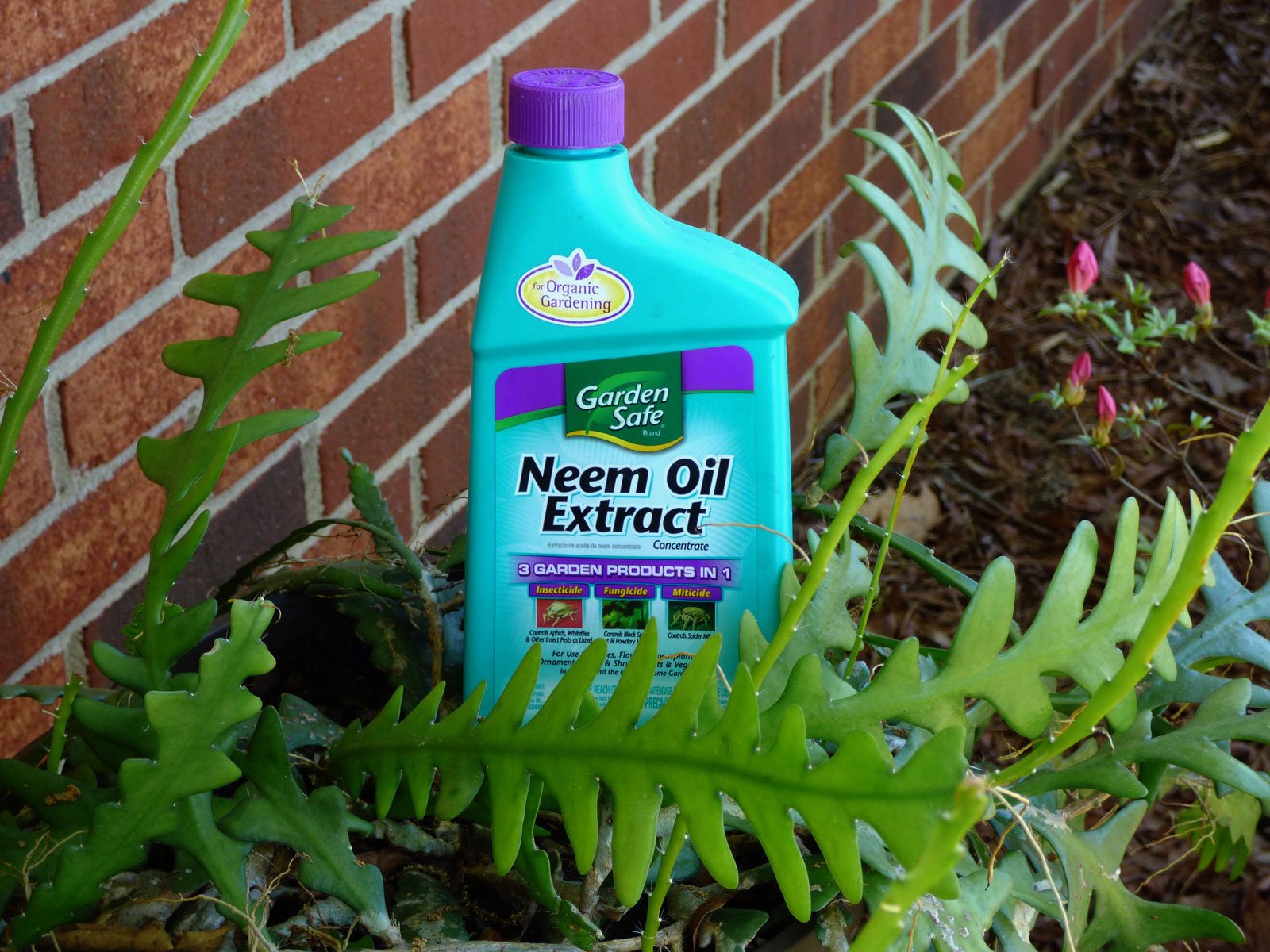How to Use Neem Oil on Tomato Plants
You can spray neem oil on your tomato plants to protect them from disease and insects. It is recommended to remove dead foliage from your plants to avoid blocking the spray. Also, make sure you don’t cut the main stem of the plant. Without a main stem, your plants will not grow as tall and will continue to produce suckers. These suckers will also continue to produce fruit.
Spraying neem oil on tomato plants
Spraying neem oil on tomatoes is a good way to keep insects from damaging the crop. Tomato plants have lots of leaves, and the neem oil won’t penetrate these leaves. You need to spray from above the plant so that the neem oil can reach the underside of the leaves.
Neem oil can be sprayed onto your tomato plants in two ways. The first is by applying it to the soil around your tomato plants, and the second is by applying it to the leaves of the plants. You should spray this on your plants once a week, or every two days. Make sure to avoid applying it during midday or strong sunlight, as this can fry the plants. If you want to avoid burning your tomatoes, spray neem oil in the early morning or late afternoon.
While this treatment doesn’t kill adult stink bugs, it can help control adult stage bugs from attacking your plants. It will keep pests away from your plants by killing them off before they get a chance to feed on the leaves. In addition, the oil can keep beneficial insects, such as earthworms, in your soil. These beneficial insects help to fertilize the soil and get rainwater to the plant’s roots.
Neem oil is an organic gardening product made from the seeds of the neem tree. It’s effective at repelling disease and pests and is less toxic to plants than many other chemical products. The best part about neem oil is that it doesn’t have harmful effects on wildlife.
When spraying neem oil on your plants, be sure to dilute the solution with water to avoid harming beneficial insects. You’ll want to avoid spraying the oil on new plants or any plants that aren’t completely grown. Those young plants can be burned by too much spraying.
Neem oil can be applied to plants using a foliar spray bottle. You’ll need to spray both sides of the leaves and the base of the plant. It’s also effective against chewing and crawling insects. For best results, be sure to repeat the treatment every two to three weeks.
Using leftover neem oil as a soil drench
Neem oil can kill a wide variety of insects, including fungus gnats and spider mites. It is also effective against soil-borne fungal diseases. It is safe to apply to plants and can be diluted for use on both soil and plants. Neem oil should be applied to plants once a week or two. It is important to test the spray on a small portion of the plant before applying it to the whole plant.
Neem oil is a natural, organic pesticide. It is extracted from the seeds and fruits of the neem tree. You can use it to treat pests and prevent the growth of weeds. It is also a great soil nitrogen booster.
To apply neem oil as a drench, mix a teaspoon of 100% cold-pressed neem oil in a quart of water. Apply it around the base of your tomato plant and monitor it for several weeks to ensure your tomatoes grow healthy and pest-free.
Neem oil is a natural pesticide that has many uses for your garden. It has antimicrobial and anti-fungal properties that can help tomato plants fight pests. It is also a good source of micronutrients. It also helps prevent root rot.
You can also mix the leftover neem oil with water and make a spray for tomato plants by mixing it with eight ounces of water. Make sure to thoroughly mix the mixture before adding it to the spray. The mixture should not contain any bubbles.
Neem oil has many benefits for plants and is safe for most plants. It helps fight pests and is beneficial for wildlife as well. The smell is similar to that of nuts and garlic. It also acts as a preventative spray to prevent fungal infections. You should apply it every 14 days.
Neem oil is very effective against insect pests and is safe to use on most types of plants. However, it should be applied early in the season, since seedlings and young plants are more susceptible to neem oil.
Applying neem oil as a foliar spray
Applying neem oil as part of a foliar spray on tomato plants can help control a variety of pests. This organic plant-based pesticide is effective against more than 200 types of insect pests and can be used up to the day of harvest. Its astringent properties can prevent insects from emerging and infecting the plant while inhibiting their breeding behavior.
It is important to note that neem oil is not toxic to humans or pets. For your tomato plants, you can safely apply the neem oil mixture in the evening or early morning, before beneficial insects show up to pollinate. For best results, apply neem oil in a diluted solution to the leaves. Also, avoid spraying the plants when they are already stressed.
Applying neem oil as part of a foliar spray will control fungal infections. You can apply the spray once a week or once every two weeks. Remember to spray neem oil on the top and bottom of the leaves.
Neem oil can also help control root-knot nematodes, which can severely damage tomato plants. Infected plants will look like they have knotted roots and will not be able to absorb water and nutrients from the soil. Neem oil is effective against these pests and is also an excellent fertilizer.
Neem oil can also be applied to tomato plants as a foliar spray. Neem oil can help control pests such as aphids, spider mites, and tomato hornworms. It is also effective against scale insects. Moreover, it can be used in conjunction with other plant treatments.
When applying neem oil as a pesticide, make sure to check the safety of the product. Neem oil is considered safe for humans, although it may cause irritation. However, it should not be used on aquatic plants. It is toxic to fish and amphibians.
To apply neem oil as a plant spray, you can mix a few drops of the organic oil with a gallon of warm water. Afterward, you must stir the mixture to distribute the soap and make sure it is dissolved properly. Apply the mixture to the base of the plant. Don’t forget to water the plant after the application. It is best to repeat the application every two to three weeks.
Is neem oil toxic to ladybugs?
Neem oil is a natural plant insecticide that can be used to treat tomato plants. It’s known to be safe for humans and animals. It’s also nontoxic and organic. Labels for neem oil often tout the fact that it’s safe for plants and beneficial insects. This is good news for gardeners who don’t want to deal with the toxic side effects of synthetic insecticides.
Neem oil is a highly concentrated oil and needs to be diluted with water before being applied to plants. If applied in excess, it can hurt bees and pollinators. It’s also best applied in the evening or early morning, as midday can be too harsh for the plants and insects.
You can apply neem oil directly to your plants or mix it with a little soap and water. However, you should make sure you mix the solution in the right proportion, because too much soap can cause your plants to be exposed to the sun.
Neem oil products are available in garden centers. Usually, they are labeled as organic. While neem oil is an effective pesticide, if not used properly, it can be toxic to plants and beneficial insects. It can cause skin irritation, eyes irritation, and can even irritate the lungs. Children are especially sensitive to it. It is also harmful for fish and amphibians.
Though neem oil is a natural insecticide, you should be wary of the long-term effects on the edible fruits of your plants. In addition to killing harmful insects, neem oil has antifungal properties, which can protect your plants from leaf spot, leaf rot, and mildew. It also contains fatty acids and micronutrients. In addition, neem oil is nontoxic to humans and animals and is a safe solution for tomato plants. You can apply it up to 24 hours before harvest.
There is no known way to guarantee that neem oil is not safe for ladybugs. But it has proven effective against more than 200 different insect species. While the herbicide is effective against most hard-bodied insects, it is not as effective against squash bugs or other soft-bodied insects. Therefore, you must carefully monitor pest lifecycles to determine the best time for applying it.

Welcome to my gardening blog! I am passionate about plants and enjoy sharing my knowledge and experiences with others. In this blog, I will write about everything related to gardening, from tips on how to get started to updates on my own garden projects.





